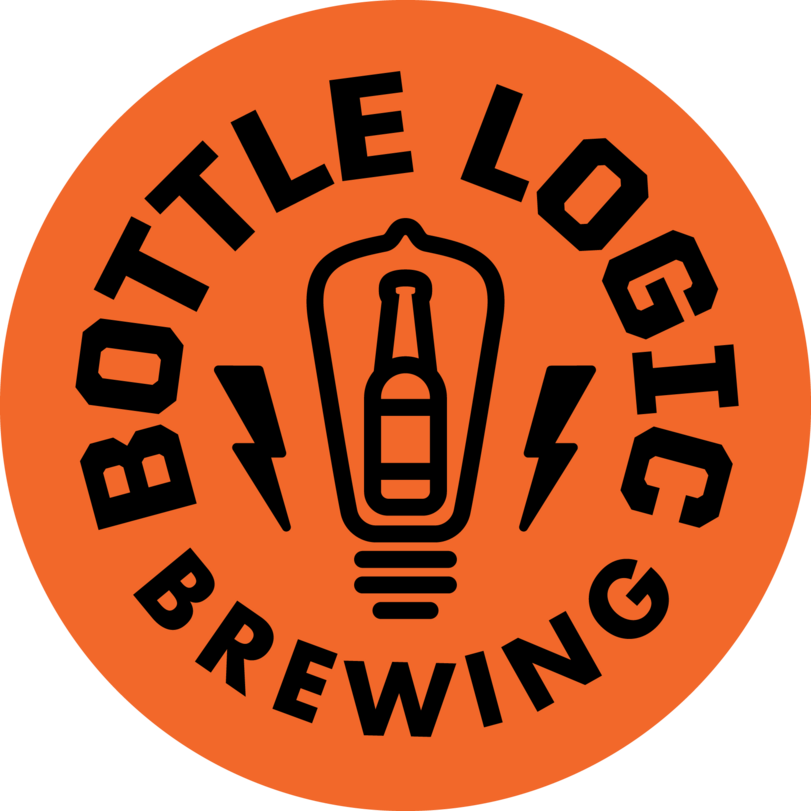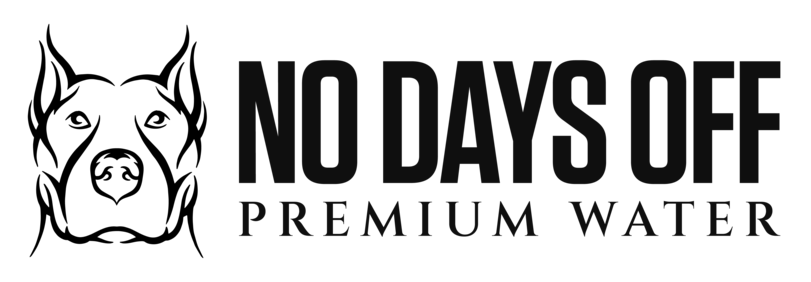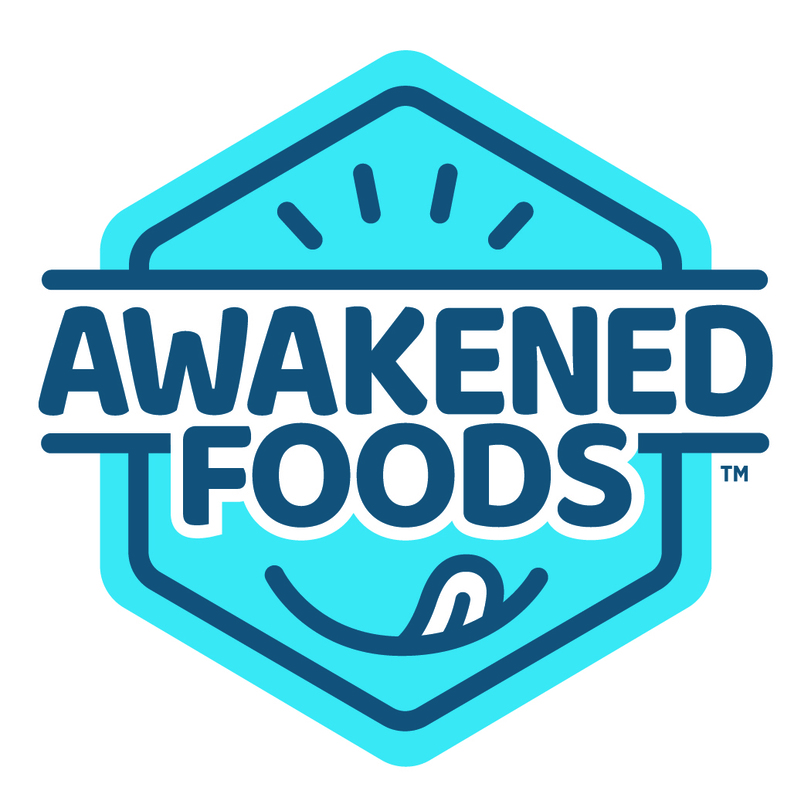The Checkout: Renewal Mill Raises Funding; Impossible Foods Clears Legal Battle Over Heme Use
Welcome to The Checkout: an express lane for weekly news you need to know, always 10 items or less.
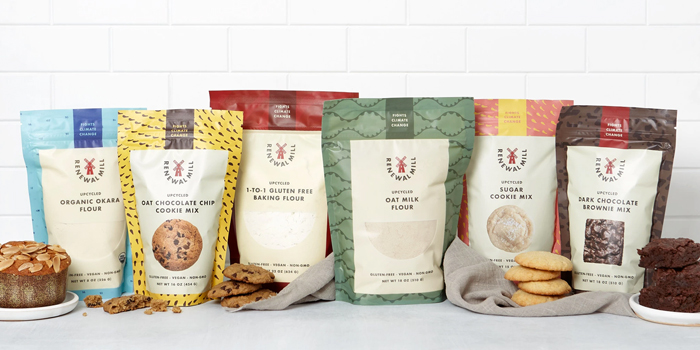
Renewal Mill Closes Funding
Upcycled baking brand Renewal Mill this week announced it had closed $250,000 from nonprofit venture capital firm ICA. The funding is part of a larger $1 million round from investors including Beyond Impact Advisors, Emil Capital Partners and the Georgetown Angel Investor Network that is expected to close this month. The brand will use the new funding to accelerate sales of its newest upcycled ingredient, oat okara made from oat milk pulp, as well as expand retail distribution of its baking mix products.
Renewal Mill will be particularly focused on growing its retail presence on the West Coast, Cotto said, specifically focusing on California, Arizona and Hawaii, as well as the Northeast and Mid-Atlantic. The company recently added Rainforest Distribution to assist with growth in the latter two regions.
The brand will also use the funds to fuel innovation for both its B2B ingredient and CPG businesses. It recently partnered with spice company Burlap & Barrel to launch a snickerdoodle cookie mix, and plans to continue to release limited release cookie flavors with new partners, Cotto said. The brand also plans to launch a second ready-to-eat cookie to join its chocolate chip cookie offering.
Renewal Mill participated in ICA’s Accelerator program last year, which COO Caroline Cotto said was a “continuation of a relationship” Renewal Mill has had with the fellow Oakland, California-based group since the brand’s founding in 2016. ICA’s Growth Fund, which focuses on BIPOC and female entrepreneurs, has invested more than $1.75 million in growth equity to Bay Area companies since December, including plant-based meat brand Something Better Foods and insect snack maker Don Bugito.
“Caroline and Claire are visionary leaders and we are excited to see Renewal Mill grow,” said ICA Chief Investment Officer John Gough. “Renewal Mill is a perfect example of ICA’s thesis that with tailored capital and an intentionally designed system of support, Bay Area entrepreneurs can accomplish great things.”
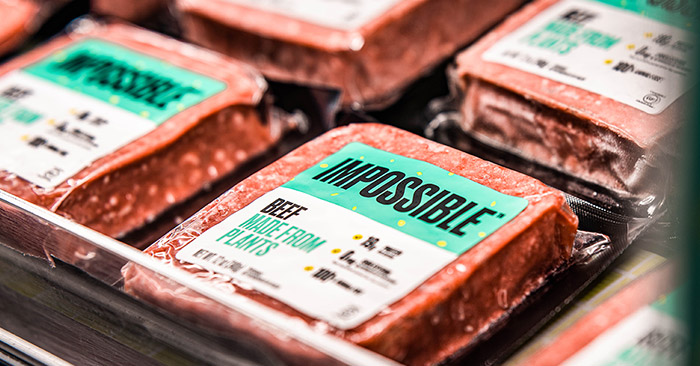
Impossible Foods Wins Legal Battle Over FDA Approval of Heme Use
The U.S. Court of Appeals for the Ninth Circuit on Monday denied the Center for Food Safety’s (CFS) petition to appeal the FDA’s authorization of Impossible Foods’ use of soy leghemoglobin (heme). Heme, the genetically modified ingredient that makes Impossible Food plant-based meat resemble animal-based meat, was approved by the FDA as a color additive in its products in 2019.
The CFS’s lawsuit, filed in March 2020, asserts that the FDA “did not properly review the heme in the Impossible Burger” through long-term safety testing, CFS Policy Director Jaydee Hanson told NOSH earlier this year. CFS believes the genetically modified ingredient, which is created using synthetic biology, is a “dangerous chemical” that FDA has not properly protected the public from, Hanson said, and that it should be tested in a 90-day safety study rather than the 28-day study it submitted to the FDA for approval.
Impossible Foods called the CFS a “staunchly anti-GMO organization” in a statement on its website, saying the “patently false” claims were intended to “thwart progress toward a safer, healthier and more sustainable food system.”
In a 2-1 decision, the court ruled that the FDA applied “the correct standard” and “appropriate analysis” for evaluating the safety of the ingredient. It called CFS’s stance that the safety of the heme should be tested for a longer duration “unavailing,” stating that the FDA “provided adequate justification for why it viewed that study as reliable” and also performed internal scientific assessment beyond the study Impossible submitted. Though CFS argued that its members accrued increased risk of health and economic injuries due to the consumption of heme, the judge ruled that CFS ultimately “failed to demonstrate” this injury.
In a statement on its website, CFS senior attorney Sylbia Wu said the group was “disappointed” by the court’s ruling.
“FDA is supposed to protect consumers from unsafe novel chemicals in our food supply, instead now consumers bear the burden of avoiding these GMO plant-based burgers,” she said.
Impossible Foods also announced yesterday that it had secured Child Nutrition Labels authorized by the USDA, which indicate how much food contributes to federal meal pattern requirements. The company is now launching a K-12 pilot program at school districts across the U.S., it announced yesterday.
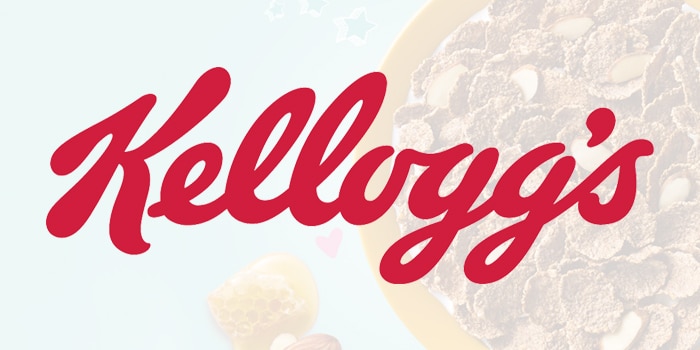
Kellogg’s Reports Q1 Growth Despite Cereal, Away-from-Home Declines
Kellogg’s reported 5% net sales growth in its first quarter as continued demand for packaged foods and growth in ecommerce sales offset the still struggling away-from-home channels.
Kellogg’s cereal business saw a decrease in share, largely due to two supply constrained brands, Frosted Flakes and Froot Loops. However, CEO Steven A. Cahillane noted that the company’s innovation, including the keto-friendly Kashi Go, have shown strong velocities. He also noted that during this year Kashi became the first WIC-authorized organic cereal brand.
Plant-based brand MorningStar Farms and its sub-brand Incogmeato continue to gain momentum, reaching 8% household penetration. It’s also gaining share across segments, from breakfast meats to sausage and poultry, Cahillane noted, with its new Veggetizers line adding additional use occasions.
The company’s ecommerce sales also continue to increase, with 75% growth in the first quarter, now accounting for 7% of the company’s total sales.
“This is a shopper behavior that is likely to stick,” he said. “We know that our brands and categories play well in this channel, and we are building this business for the long term.”
While the away-from-home channel is still seeing declines, Cahillane said the company is not “sitting still waiting for consumer mobility to resume” but is “actively securing future business” for brands like RXBar and Morningstar Farms’ Incogmeato.
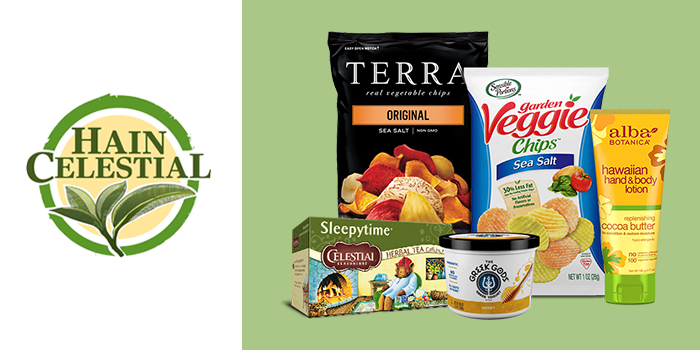
Hain Celestial Sees Sales Declines in Fiscal Third Quarter
In its third quarter fiscal financial results this week, Hain Celestial reported net sales decreased 11% to $492.6 million. These results include a 10% net sales decline in North America, which the company said was largely driven by a large program with a wholesale club which was not repeated in the quarter, as well as a decrease in pantry stocking as compared to the year-ago quarter.
Despite this, President and CEO Mark L. Schiller noted that the company saw revenue growth in several segments, gaining share with its “Get Bigger” brands that make up two-thirds of its North American sales, which include tea brand Celestial Seasonings, snack brand Sensible Portions and Greek Gods yogurt. The company also saw 33% in the ecommerce channel this quarter, with its Get Bigger brands up 54% in the channel.
Hain Celestial’s “best days are still in front of us,” according to Schiller, who cited health-conscious shopping, momentum of its Get Bigger brands and international business and opportunities for margin improvement as potential growth drivers. Innovations across Sensible Portions, Veggie Puffs, Celestial Seasonings and “more mainstream flavors” for Terra should continue to create growth, he said, especially as distribution has grown 8% year over year for these brands.
Schiller also commented on the congressional report of elevated heavy metals in the baby food industry released in February, which caused an “unplanned slowdown” of sales of the Earth’s Best brand cited in the report. He stated that the company is “100% compliant with the levels that [the FDA] have specified” on its Earth’s Best rice cereal. He also noted that the company rejected 12% of its finished goods last year to ensure compliance.
“We would like to work with the FDA and some of the NGOs who want to help us reduce them further,” he said. “But there is no known way to eliminate metals altogether in our food supply. We will work collaboratively, both to get the metals down and to get regulations on the rest of Baby food, but it’s really only rice cereal that has a regulation at this point, and we’re totally compliant with that.”
Tagged Brands (2)
Explore the Nombase CPG Database
Head to Nombase to learn more about the tagged companies and their offerings.











